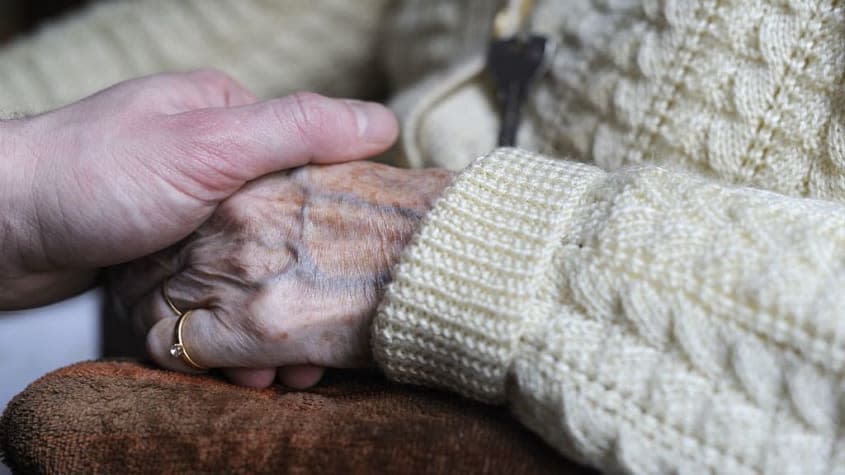Boston hospital starts 1st human trial of nasal vaccine for Alzheimer's disease

Brigham and Women's Hospital in Boston is launching the first human clinical trial of a nasal vaccine that aims to prevent and slow the progression of Alzheimer's disease.
The hospital announced on Tuesday that the Phase I clinical trial will involve 16 participants between the ages of 60 and 85, who have early symptomatic Alzheimer's but otherwise are in general good health, CBS News reports. They will receive two doses of the vaccine, one week apart. The purpose of this Phase I trial is to determine if the vaccine is safe and what its dosage should be, and if successful, a larger trial will begin to test how effective it is.
A team at Brigham and Women's Ann Romney Center for Neurologic Diseases has spent the last 20 years researching the vaccine. It uses Protollin, a substance that is "designed to activate white blood cells found in the lymph nodes on the sides and back of the neck to migrate to the brain and trigger clearance of beta amyloid plaques — one of the hallmarks of [Alzheimer's disease]," the hospital said in a statement.
Dr. Howard L. Weiner is co-director of the Ann Romney Center for Neurologic Diseases, and led the vaccine research. He called the trial launch "a remarkable milestone" and "landmark," and said there is preclinical evidence suggesting the potential of the vaccine. Dr. Tanuja Chitnis, professor of neurology at Brigham and Women's and principal investigator of the trial, said research has "paved the way for us to pursue a whole new avenue for potentially treating not only [Alzheimer's disease], but also other neurodegenerative diseases."
You may also like
FBI email server hacked; attackers pin blame on cybersecurity consultant
The perils of the risk-averse society
Catholic bishops meet Monday to discuss whether Biden should receive communion

